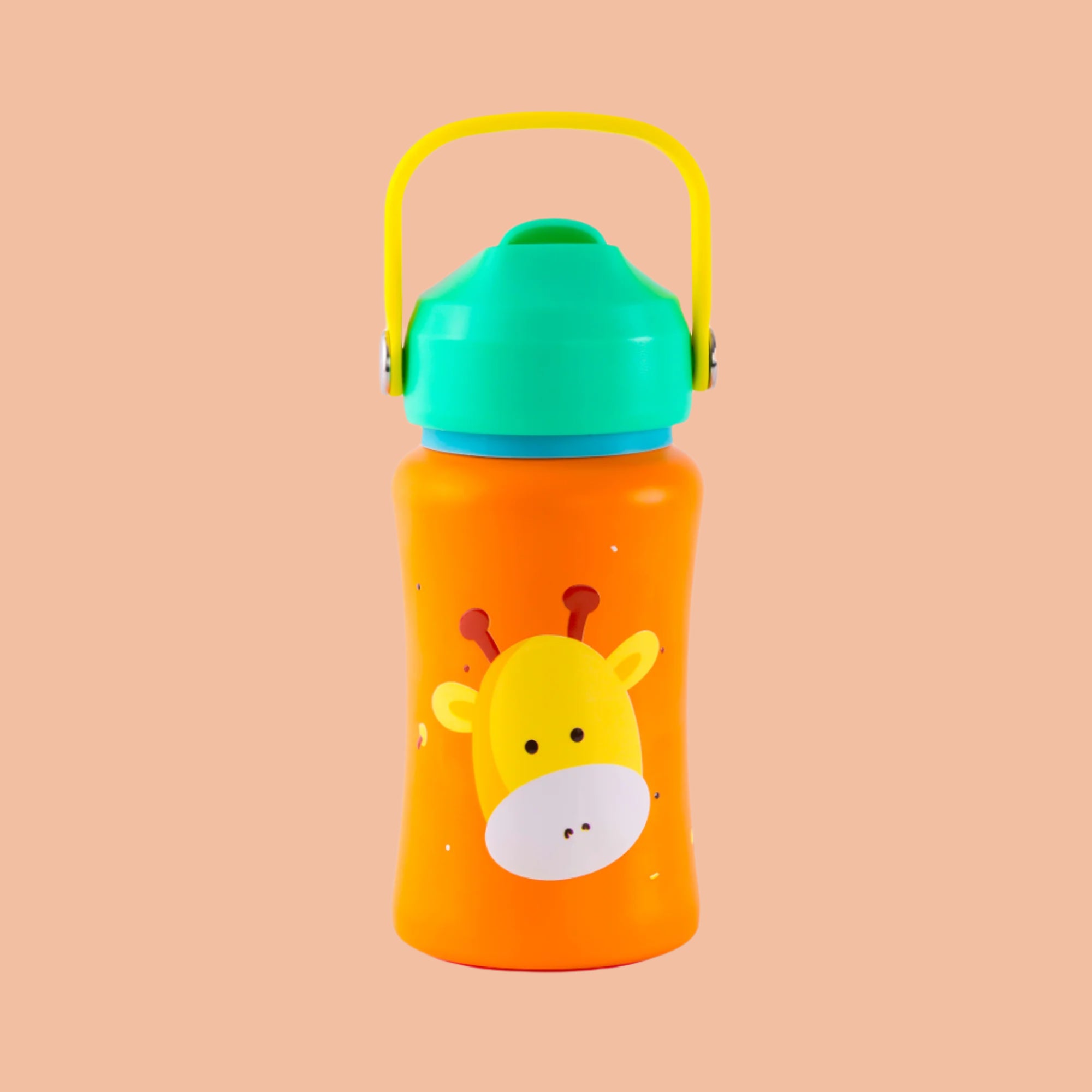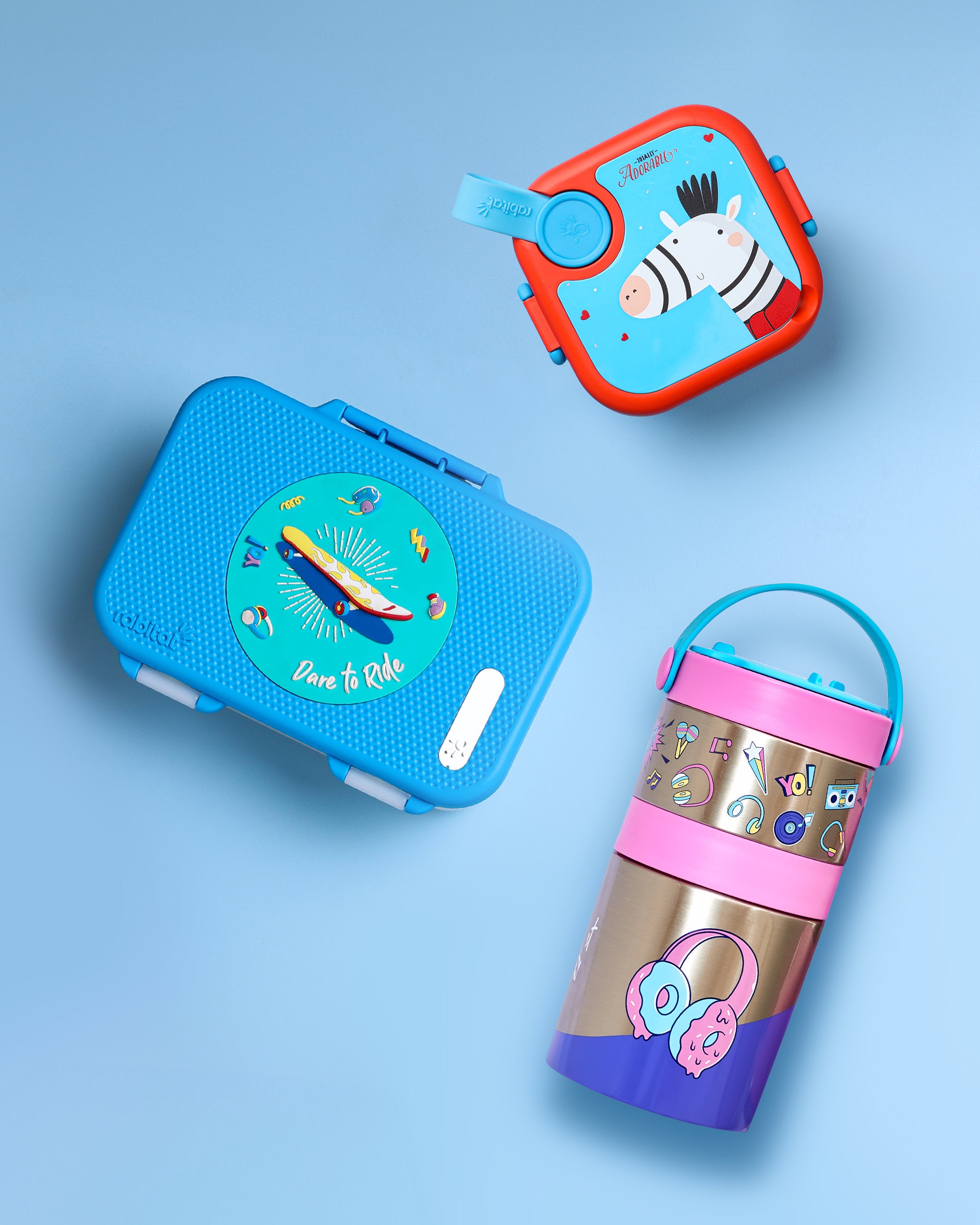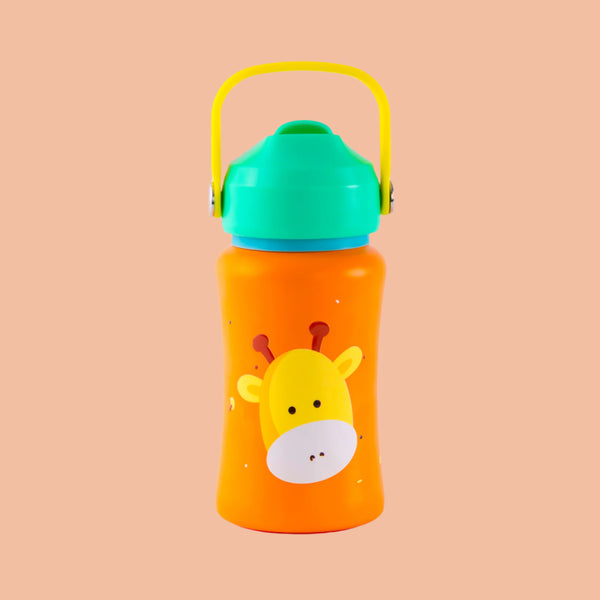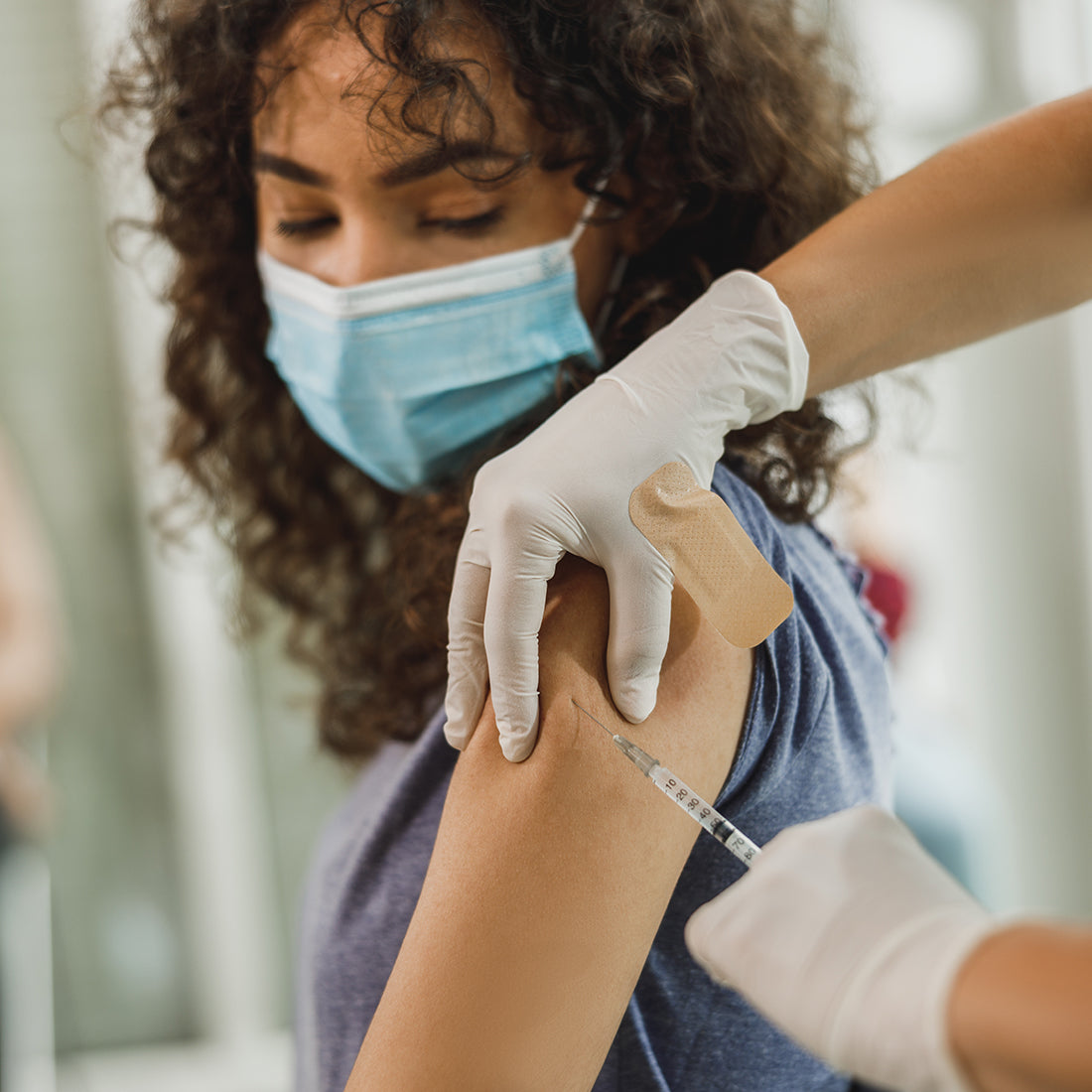Covid-19 pandemic has affected all of us in various ways, it has affected normal life, financial conditions and caused the loss of life of our near and dear ones. The second wave even hit us harder with the virus becoming even more powerful and causing deaths in unimaginable numbers. This has impacted everyone’s mental health in some way or the other.
Children and adolescents are also greatly impacted by the abrupt withdrawal from school, social life and outdoor activities. They are scared of contracting the virus, fear losing their parents or loved ones or could be already grieving from losing them. The stress they are dealing with directly impacts their mental health and increases anxiety, changes in their diets, academic performance, fear and failure to cope up with their problems.
Dr Amit Sen (Child and Adolescent Psychiatrist, Children First) on NDTV said that the pandemic’s traumatic situation has jarred the children’s emotional equilibrium, in a manner that can be deeply damaging and very lasting. According to him, it’s not a passing phase and it’s not going to completely go away the moment Covid goes. He said that it is very important to take stock of what’s happening to our children.
Here, in this article, you will be informed about signs to figure out whether your child is under stress or not and how to help them with their mental well-being by dealing with the different situations they are caught up with.
Signs to look for children in stress
1)Toddlers and younger children

Irritation, fussiness and crying more often
- Irritation, fussiness and crying more often
- Separation anxiety, more clingy and hesitant to explore
- Frustration, biting, hitting and intense tantrums
2)Older children and adolescents

Changes in appetite or eating patterns, eating all the time or not eating at all
- Extreme mood swings, ongoing irritability, frequent conflicts with friends and family
- Loss of interest in activities which were enjoyed previously
- Changes in behaviour, withdrawal from personal relationships, like less interaction with their friends
- Having a hard time falling asleep, getting nightmares
- Changes in appetite or eating patterns, eating all the time or not eating at all

Reckless behaviour like substance abuse and taking alcohol
- Less interest in school work and drop in academic performance
- Lack of personal hygiene or grooming
- Reckless behaviour like substance abuse and taking alcohol
- Having suicidal thoughts
Dr Amit Sen said that anxiety and fear is the first thing we need to deal with. Children get frozen and paralysed, get panic and are in complete despair. The added factor of the lockdown is deprivation of essentials for their well being and growth that have been taken away due to Covid restrictions. He also talked about symptoms with younger ones complaining of stomach ache, feeling nauseous and lethargic, not able to wake up to take online classes. They are also getting disturbed with natural rhythms like sleep patterns, children are sleeping at 2 am and sometimes 4 or 5 in the morning. Some can’t help it because of the kind of thoughts they have and the dreams and nightmares they are getting. He added that signs of teenagers are mostly demanding junk food all the time, mood swings, meltdowns, door slamming. The older ones start doing substance abuse, alcohol and screen addiction. Relationships breaking down and withdrawal from friends and not interacting with them, Dr Amit said this is the time we need to worry and look into their inner world closely. He added that children can’t sometimes express or identify their feelings, sometimes feel they might not be heard or ridiculed and so they withdraw. He asserted that children should have a safe space to share what they are going through.
How to cope up with mental health in various situations
Children’s mental health during the pandemic may be negatively affected by social distancing and staying indoors, which could lead to loneliness and isolation – known risk factors for poor mental health outcomes. Research has also shown that loneliness is associated with anxiety and depression among children. Parents poor mental health can also adversely affect the child’s mental health too. Let’s take a look at how to deal with certain situations as a result of the pandemic.
1)Dealing with death and personal loss

Dr Amit said that in circumstances like this where it’s so abrupt and sometimes the aftermath of death is so ugly and jarring because you can’t go to funerals, you can’t come together as a family. Some kids have lost one parent and the other is in isolation and can’t have other people coming to their house being the Covid household and so they are completely isolated.
At this point, according to Dr Amit, it is important to talk about the death and create a safe space for them to express their feelings. The kind of language the elders should use with the children while talking about it is also important, there should be composure and stability while announcing it.
Giving an example he said, when a child loses one of their parents, the other parent alive will have difficulty talking about it and so other important family members should step in and support the other parent to convey the message to the child.
He also talked about the importance of being honest with the child and telling them the truth gently and calmly with respect. They should be also given assurance of support from the family, what the family should do to make sure their life doesn’t get disrupted, fulfilling the role of the demised parent and assuring the child they will get help and they would be always there for them.
However, he also said about being mindful of not talking about the pandemic actively around children. He talked about the term “ covid worry breaks” where there should be a specific time allotted to talk about covid related topics and news and the rest of the day not talking at all about it.
2)Watching over and controlling screen time

Due to the lockdown, children are confined at home, their physical activities are also reduced while their screen time increases as most of the activities are done online be it their online classes, social contact and their favourite being playing video/mobile games.
To this, Dr Amit said that imposing rules and boundaries are not going to help especially with older children, they will rebel and react as they are already in anguish, upset, hurt and fearful state of mind.
He suggested sitting down and talk about how the kids are using their screen time, for how long etc. Since most of the activities are done on the screen including education, it can’t be taken away completely from them.
So, instead, their screen time should be checked, how much they are devoting in terms of education and academics, how many social spaces are they using, what kind of entertainment they are seeking. They should be helped to reflect on how they are distributing the screen time. Look for substitutes that have some value for them, like playing board games, reading books, telling stories and cherishing memories from old photographs.
3)Taking care of suicide risk
Don’t let your child’s depression peak. There are times when your kids are having a bad day but if the mood continues for a longer period, then it’s a matter of concern. Depressed people often retreat to themselves but they are secretly crying out to be rescued. They are hesitant to reveal their feelings as they are embarrassed and boys especially often hide their emotions. You shouldn’t wait for them to speak up instead approach them.
Various factors are going on in a child’s life when he or she is thinking about taking his own life. Studies show that the most common trait found in such cases is the lack or poor communication between parents and their children. Observe and check out your child’s behaviour and initiate talking about it and never leave your child alone.
Their melodrama can be serious at times. Look for comments your child might be keeping as a status on social media platforms like- “Life will be better without me”,” Nothing matters”, etc. Talk to them calmly instead of reacting with shock. Don’t be judgemental when he or she is trying to talk out, just give assurance you are listening and there to help. Take professional help if there is a need. Keep away tools and weapons from your child and medications securely locked.
4)Self-care and practising mindful living

It may be hard to put yourself together during this time of the pandemic but as a parent, you have to stay positive and constantly try to send out positive messages for your child that everything is going to be okay and there is a better future ahead.
Spending quality time with family will help connect with your kids and make them feel secure and relax.
Practising mindfulness, doing physical activities like yoga or other exercises, watching movies together, cooking together etc. Also never hesitate to seek support and help for your child’s or your mental well being.
Conclusion
We all know for the fact that the pandemic is going to stay for some time until we get the right medication or vaccine that can completely wipe out the virus. Until then, we have to learn to live with it, take all the safety protocols, and take care of ourselves from its impact. Children being the future should be protected, give all necessary support to provide them with a safe environment to thrive. We hope the above information is helpful and will make it easier for you to deal with your child’s mental well being. Just know that YOU ARE NOT ALONE and you will get help.
















